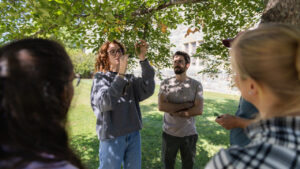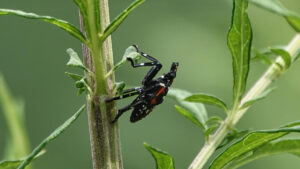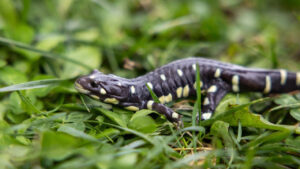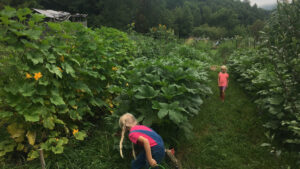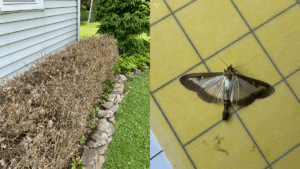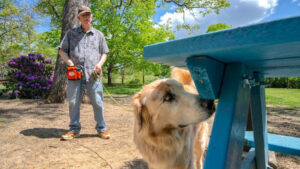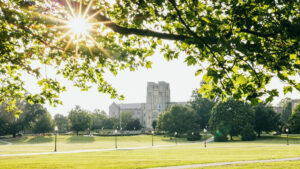
Introduced species are changing how seeds move on islands
A new study found that species introductions, more than extinctions, are reshaping how seeds move across 120 islands worldwide. This change matters because seed dispersal drives forest regeneration, plant diversity, and long-term ecosystem health.


